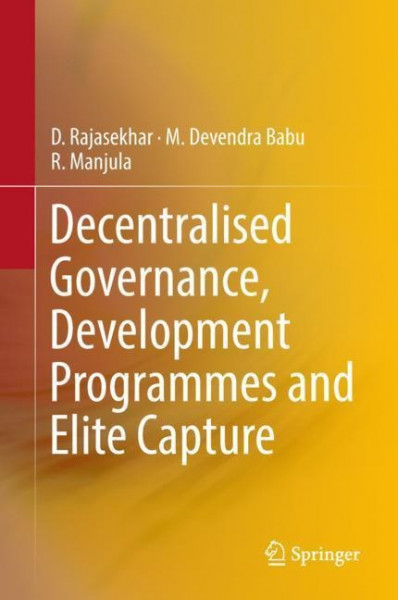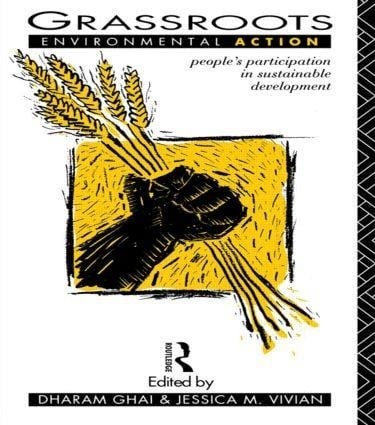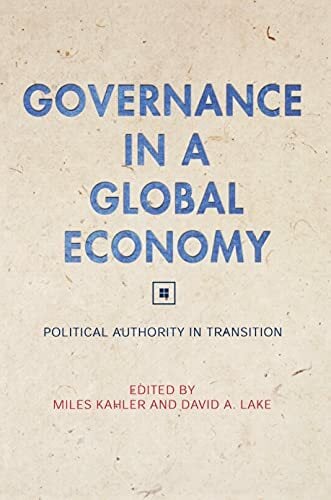
Decentralised Governance, Development Programmes and Elite Capture
Kurzinformation
inkl. MwSt. Versandinformationen
Artikel zZt. nicht lieferbar
Artikel zZt. nicht lieferbar

Beschreibung
¿This book discusses the elite capture taking place in the development programmes implemented through Grama Panchayats (GPs), the lowest tier in the rural local self-government structure in India. Inclusive growth being the cherished goal of all the developing countries, including India, the book assesses whether checks and balances incorporated in development programmes prevent elite capture and promote inclusive development. It also highlights the role of community-based organisations, such as SHGs, in ensuring development benefits reach marginalized groups. The policy makers in India introduced decentralised governance to facilitate the participation of marginalized groups in the planning and implementation of development programmes at the local level, and to ensure that development benefits reach them. International agreements such as the Hyogo Framework for Action, Millennium Development Goals and Sustainable Development Goals also call for decentralised governance for inclusive growth. The issue of elite capture has traditionally been studied mainly from the sociological perspective, i.e., how the local upper/dominant castes and classes garner the positions and benefits. But with the new and structured governance system that is in place at the local level in contemporary India, this book explores how decentralised governance is addressing the issue of elite capture. The study closely analyses micro processes of decentralisation to understand how elite capture is taking place. Additionally, it examines this concern from both governance and economic perspectives. The scope of the book is wide, and encompasses several aspects such as the functioning of the local government, decentralised governance, checks and balances in development programmes, community-based organisations, the upward political linkages and elite capture. It is equally relevant to researchers from several social science disciplines, civil society, policy makers, and implementers from the grassroots to national level government. von Rajasekhar, D.
Produktdetails

So garantieren wir Dir zu jeder Zeit Premiumqualität.
Über den Autor
Dr. D. Rajasekhar is Professor in Economics at the Centre for Decentralisationand Development, Institute for Social and Economic Change (ISEC), Bengaluru.He was Visiting Scholar at the Universities of Oxford, Melbourne, Sussex and atthe Centre for Development Research, Copenhagen. He has worked extensively ondecentralisation, social protection, micrönance and local organisations. He haspublished 20 books/monographs and 70 papers in various journals and as chapters.He has served in policy bodies constituted by the government. His paper on'Collusion, Co-option and Capture: Social Accountability and Social Audits inKarnataka, India' published in Oxford Development Studies (Taylor & Francis) wasawarded the Sanjaya Lall Prize for its contribution to the development studies. He iscurrently collaborating with researchers from the London School of Economics, andthe universities of Bristol, Melbourne and Oxford in research relating to decentrali-sation and poverty reduction, delivery of public services and social protection. Hisco-authored paper on 'Motivating Knowledge Agents: Can Incentive Pay OvercomeSocial Distance?' is being published in The Economic Journal (Wiley-Blackwell). Dr. M. Devendra Babu is former Professor, Centre for Decentralisation andDevelopment, Institute for Social and Economic Change, Bengaluru. His areas ofinterest are rural decentralisation and public economics. He has published twobooks (co-authored) and a monograph, as well as articles in national and interna-tional journals. The recent projects that he has been involved in include 'DistrictPerspective Plans' and 'District Human Development Reports'. Dr. R. Manjula holds a Ph.D. in economics and is working as AssistantProfessor at the Centre for Decentralisation and Development at ISEC, Bengaluru.She was Academic Visitor at the Department of Economics, University of Oxford,UK. She has published several books and research papers (in national and international journals and as chapters). Her co-authored paper on 'Collusion,Co-option and Capture: Social Accountability and Social Audits in Karnataka,India' published in Oxford Development Studies (Taylor & Francis) was awardedthe Sanjaya Lall Prize for its contribution to the development studies. Her recentco-authored paper on 'Motivating Knowledge Agents: Can Incentive PayOvercome Social Distance?' is being published in The Economic Journal(Wiley-Blackwell). She has worked on several of the centre's research projects,covering themes of decentralisation, child labour, social security, health insuranceand public works programme and collaborating with researchers from the LondonSchool of Economics and the Universities of Bristol, Melbourne and Oxford.

- Taschenbuch
- 172 Seiten
- Erschienen 2015
- Routledge

- Hardcover
- 276 Seiten
- Erschienen 2008
- Brown Walker Press

- Taschenbuch
- 368 Seiten
- Erschienen 1995
- Routledge

- hardcover
- 268 Seiten
- Erschienen 2006
- Routledge

- Hardcover
- 472 Seiten
- Erschienen 1995
- Oxford University Press





 bestellen
bestellen

































